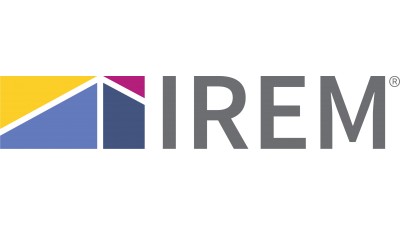The 4 Types Of Asset Managers — And How They Form

IREM’s latest research report, "Real Estate Asset Management: A Process And A Profession," demystifies the field of asset management by summarizing the results of over 90 interviews with real estate practitioners.
Asset management is a complex, ongoing process determined by numerous activities, roles and functions, each with the purpose of bettering the overall return on investment of an income-producing property. Such activities include business prep and planning, team leadership, acquisition support, budget preparation, capital expense/lease approval, market research and compilation, promotion of operational efficiency, financial analysis, surveillance/reporting and disposition assistance.

The research in the report reveals that asset management functions can be relegated to a number of different parties through a variety of methods depending upon the structure, culture and strategic objectives of a given real estate firm.
Some asset managers participate daily in every one of these functions, and retain considerable autonomy over property- and building-level decisions. Other asset management professionals maintain narrower job descriptions and less decision-making power over their properties. The differences between each asset manager can render it difficult to provide a succinct (or even a comprehensive!) definition of asset management as a profession.
Simplifying Approaches To Asset Management

While there might not be a single definition for an asset manager, the research suggests there are four common approaches to asset management throughout the real estate industry, which are distinguishable based on the amount of attention devoted to financial management relative to human resource management.
1. Analytical asset managers have rigorous quantitative backgrounds, primarily tackling their work through surveillance, financial modeling and data analysis rather than by leading a team of building managers and leasing agents.
2. Operational asset management professionals come from property management backgrounds, usually prioritizing collaboration with on-site personnel to improve tenant relationships and enhance employee performance.
3. Transactional asset managers maximize revenue by limiting time spent on financial analysis and property management issues in favor of interactions with brokers, negotiating leases and setting rents.
4. Comprehensive asset managers are identifiable by their strong financial and human resource management skills, enabling them to participate in all aforementioned activities at a high level and make strategic decisions.
This terminology sheds light on the skills required for success in different types of asset management positions, and offers insight to how different companies source and develop talent.

Executive Advice On Building A Career In Asset Management
Although there are several approaches to asset management, many executives surveyed for the book believe that anyone with the correct financial training and a decisive, ambitious personality can advance steadily through a fulfilling career in asset management — especially if they are willing to hone communication and leadership skills over many decades.
Nevertheless, the skills and training necessary for a successful asset management career can vary depending on the real estate company, as well as the dominant approach used by that business. It is important to ensure that the company is structured to promote professional growth for its employees.
To find out more about the research results, check out Real Estate Asset Management: A Process and A Profession.
To learn more about this Bisnow content partner, click here.

